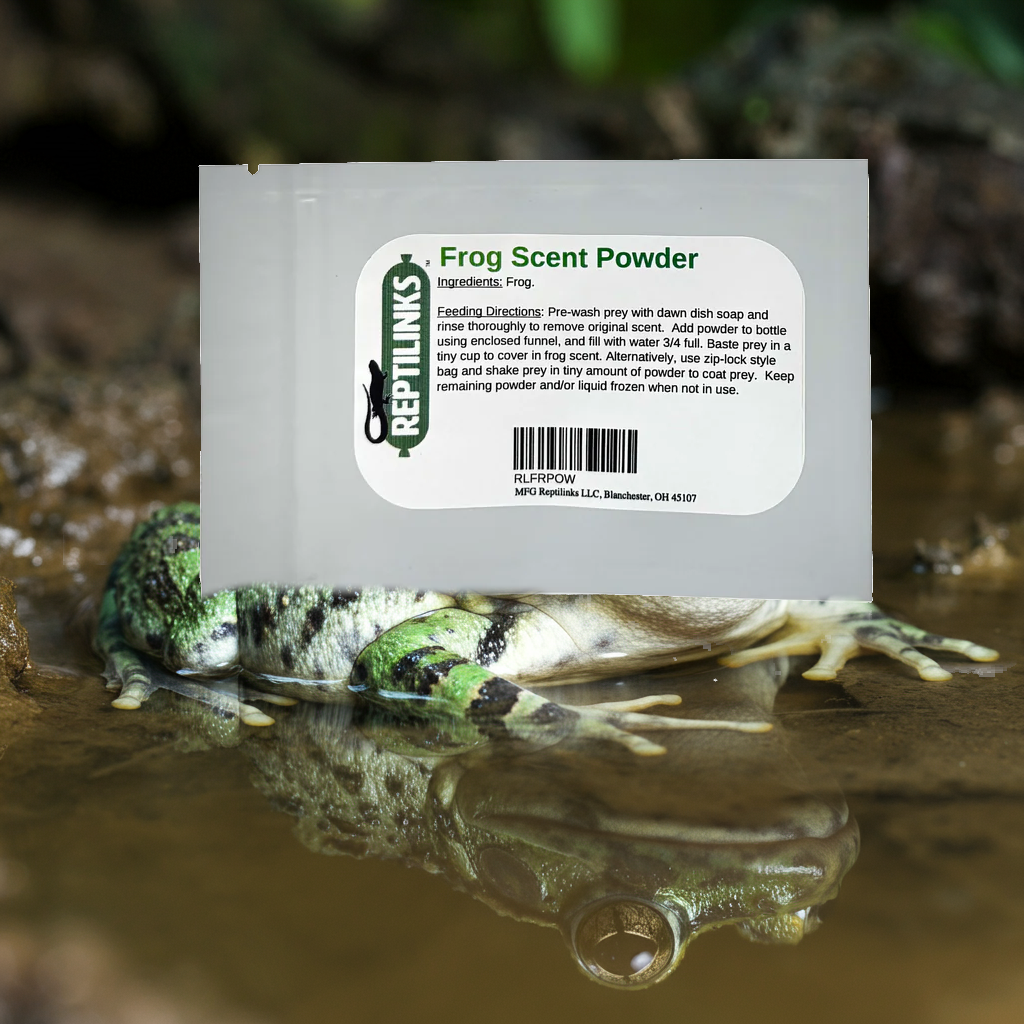Factors to Consider When Choosing Water for Pet Reptiles
Water Source
The water source for pet reptiles is an important factor to consider for their well-being. It is recommended to use filtered water or bottled water instead of tap water, as tap water may contain harmful chemicals like chlorine and heavy metals. Filtered water and bottled water are generally safer and provide a healthier option for reptiles. It is important to ensure that the water source is clean and free from any contaminants. Providing a clean and safe water source is essential for maintaining the overall health and well-being of pet reptiles.
Water Quality
Water quality is a crucial factor to consider when choosing water for pet reptiles. It affects their overall health and well-being. It is important to understand the specific needs of your pet reptile and provide water that meets those requirements. Additionally, monitoring the water quality regularly and taking appropriate measures to maintain optimal conditions is essential. This can include testing the water for pH levels, hardness, and contaminants. Ensuring clean and safe water for your pet reptile is essential for their longevity and vitality.
Water Temperature
The temperature of the water is an important factor to consider when choosing water for pet reptiles. Different reptile species have different temperature preferences, so it is essential to provide water that is within the appropriate temperature range. Aquarium heaters can be used to warm water or water can be located near a light source.
It is important to not place water directly under or over heat surfaces. This will cause the water to evaporate faster but may also raise the water to undesirable temperatures. Make sure the water dish is placed appropriately.
Types of Water Suitable for Pet Reptiles

Tap Water
Tap water is a common water source for pet reptiles. However, it is important to consider the water quality before using tap water for your reptile's enclosure. Tap water may contain harmful substances such as chlorine and heavy metals. To ensure the safety of your pet, it is recommended to dechlorinate tap water before using it. This can be done using water treatment products specifically designed for reptiles. Additionally, it is important to monitor the water temperature to provide a comfortable environment for your reptile.
Depending on where you live, your water is untreated, treated with chlorine, or treated with chloramines.
According to the CDC and other sources, you should not use water treated with chloramines with pets.
Chlorine and chloramine are toxic to fish, other aquatic animals, reptiles and amphibians. [...] Unlike chlorine, chloramine cannot be removed by letting water sit out for a few days. However, products are available at aquarium supply stores that can remove chloramine.
CDC, Water Disinfection with Chlorine and Chloramine
In most cases, if you are worried about your tap water quality, it is best to use bottled water.
Bottled Water
Bottled water is a popular choice among reptile keepers because of its convenience and perceived purity. However, it is important to carefully consider the type of bottled water you choose for your pet reptile. Some bottled waters may contain high levels of minerals or additives that can be harmful to reptiles. It is recommended to choose a bottled water that is purified and free from any harmful substances.
Filtered Water
Filtered water is another option for providing clean and safe water for pet reptiles. Filtered water goes through a filtration process that removes impurities and contaminants, ensuring that the water is free from harmful substances. This can be particularly beneficial for reptiles that are sensitive to chlorine or other chemicals found in tap water. However, it is important to note that not all filtration systems are created equal, so it is essential to choose a high-quality filter that is specifically designed for reptile care. Additionally, it is recommended to regularly clean and maintain the filter to ensure its effectiveness. When using filtered water, it is still important to monitor the water quality and temperature to ensure it meets the specific needs of your pet reptile.
Water Treatment Methods for Pet Reptiles

Dechlorination
Dechlorination is an important process in preparing water for pet reptiles. Sanitation is crucial to ensure the health and well-being of your reptile. Chlorine, commonly found in tap water, can be harmful to reptiles. Dechlorination removes chlorine and other harmful chemicals from the water, making it safe for your pet. There are different methods of dechlorination, including the use of dechlorinating agents or allowing the water to sit out for a period of time to allow the chlorine to evaporate. It is important to follow the instructions provided by the dechlorinating agent manufacturer and test the water to ensure it is free from chlorine before giving it to your reptile. Remember to always provide fresh, dechlorinated water for your pet reptile to promote good hydration and overall health.
Water Conditioning
Water conditioning is an important step in providing the best water for pet reptiles. It involves removing harmful substances and balancing the pH levels of the water. One common method of water conditioning is the use of water conditioners, which neutralize chlorine and chloramine found in tap water. These conditioners also add essential minerals and electrolytes to promote the health of reptiles. Another option for water conditioning is the use of reptile-specific water treatments, which are formulated to meet the specific needs of reptiles. These treatments can help remove heavy metals and other toxins from the water. It is important to follow the instructions provided by the manufacturer when using water conditioners or treatments. Additionally, regularly testing the water quality is recommended to ensure it meets the appropriate standards for reptiles. Proper water conditioning is crucial for maintaining the overall well-being of pet reptiles.
Water Purification
Water purification is an essential process to ensure the safety and well-being of pet reptiles. It helps remove harmful substances and infection-causing pathogens from the water. There are several methods available for water purification, including dechlorination, water conditioning, and other advanced filtration techniques. It is important to choose the right water purification method based on the specific needs of your reptile. Additionally, maintaining proper hygiene and regularly cleaning the water container are crucial to prevent any potential health issues. Remember, providing clean and purified water is vital for the overall health of your pet reptile.






Comments